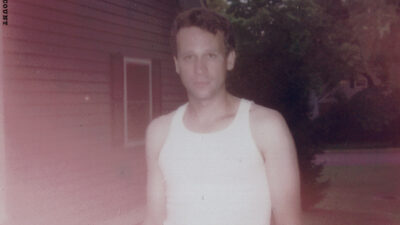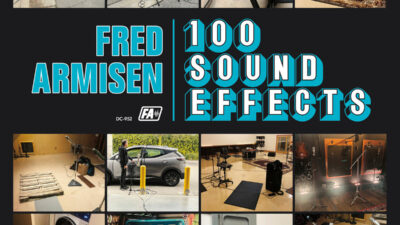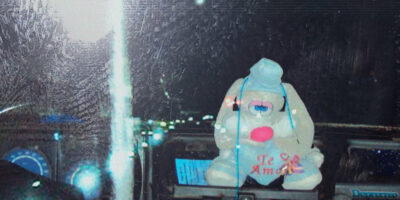Genre: Alternative R&B
Favorite Tracks: “Saint,” “Hope,” “Charcoal Baby,” “Chewing Gum,” “Dagenham Dream,” “Runnin’,” “Minetta Creek”
In 2011 Dev Hynes introduced the world to Blood Orange by declaring that he was “not your savior.” Boy, did he prove himself wrong. In the seven years and four albums since COASTAL GROOVES, Hynes has claimed his throne as the modern Brooklynite’s Prince. When he’s not releasing empowering jazz pop as Blood Orange, Hynes fills his time collaborating with A$AP Rocky, Porches, Solange, Carly Rae Jepsen, Skepta, and a myriad of other 2010s musical role models. Though he’s one of the most prolific songwriters and artists of our time, his latest release, NEGRO SWAN, is proof that he’s not making music for the cool factor and instead making music to sermonize love and amalgamation to anyone willing to listen.
It’s impossible to capture NEGRO SWAN’s magical ADHD on paper. With an incredibly diverse array of guests and sounds, the record proves that Hynes is a genre-bending powerhouse, delivering top notch classical, jazz, indie rock, and hip hop in less than 50 minutes. “Hope” opens with a choral intro that comfortably melts into soulful R&B carried by Diddy and Tei Shi’s optimistic proclamations of enablement. Like many of the tracks on 2016’s FREETOWN SOUND, “Hope” and many other NEGRO SWAN tracks see Hynes playing the role of artistic facilitator and producer more than frontman. “Jewelry” similarly switches between a number of vibes, commencing with bubbling ambient saxophone and closing with guitar-driven rapping.
Though it varies drastically in its musicality, NEGRO SWAN features an underlying narrative voiced by transgender rights activist Janet Mock. With the Trump administration posing new threats to autonomy and diversity each day, the record’s heterogeneous cast of characters deliver a glorious “fuck you” to the regressive ideals of our nation in 2018. Although the video for “Jewelry” could be viewed as solely black power or LGBTQ pride promotion, when looking at Hynes’ discography as a whole, it’s clear that NEGRO SWAN aims to preach unity. As an artist who has collaborated with chart-topping white female pop stars, UK grime rappers, and transgender icons, Hynes is one of the most well-rounded and inclusive artists in the modern cultural sphere. Blood Orange’s career veers harder and harder to the political left with each new record, but even as the obvious digs at fascism become more and more prominent, they do so with solidarity as opposed to anger.
There’s a lot of track-by-track analysis of NEGRO SWAN floating around on the internet, but trying to approach NEGRO SWAN as a collection of songs doesn’t feel right. It’s not an album to shuffle. It is wonderfully disjointed in its cohesion, but doesn’t yield many outright hits. Listening to the record from front to back, it’s hard to distinguish between tracks; the record feels like taking the subway through New York City, each stop blurring together as the scenery subtly shifts along the way. By the time NEGRO SWAN arrives at the destination, you might as well be in a different borough entirely, but the album’s twists and turns come together so well that there needn’t be spaces in the tracklist.
Though Blood Orange was born and raised in England, throughout his career he’s become the voice of young liberal Americans nationwide. Spreading empowerment, defying preconceived musical notions, and maintaining darling status in the eyes of the media, there’s a reason that New York Times Magazine recently compared Dev Hynes to David Bowie. Providing smash after smash and giving comfort to his listeners with every new song, Dev Hynes will perhaps be remembered as the most influential musical voice of the 2010s.
















Comments